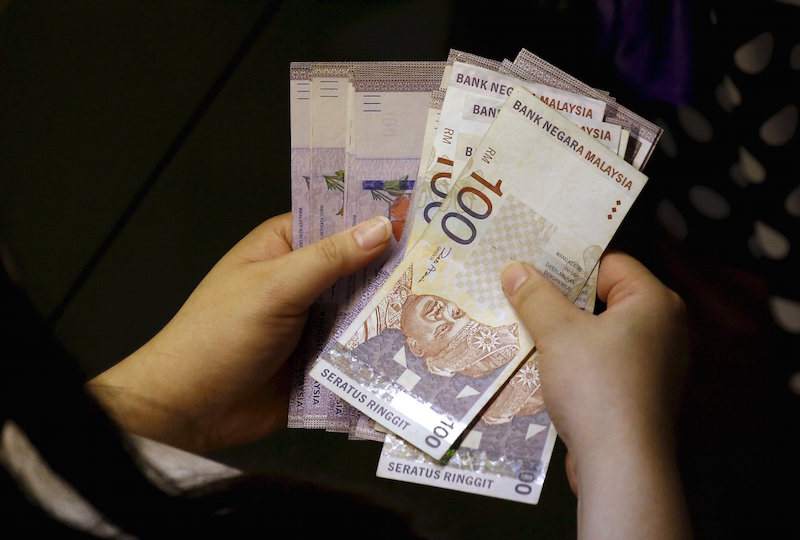ASIAN currencies were largely muted on a firmer dollar and most regional stocks slipped as investors cautiously awaited US inflation data for clues to the Federal Reserve’s rate outlook, while Malaysia’s central bank held rates steady as expected.
The South Korean won fell 0.6%, and the Taiwanese dollar inched 0.2% lower.
The Malaysian ringgit inched 0.1% higher after the central bank held its benchmark interest rate unchanged at 3%, against a background of a weakening currency and a steady inflation outlook.
The decision came in line with market expectations, with a Reuters poll expecting the Bank Negara Malaysia (BNM) to keep its policy rate unchanged until at least 2026.
Some analysts had not ruled out the chance of a rate hike, citing the upside risk to inflation.
Indonesia’s financial markets were shut for a public holiday. On Tuesday (May 7), its central bank governor said a further rate hike was probably not needed as last month’s increase drew capital inflows and stabilised the rupiah amid a better-than-expected global backdrop.
The rupiah has lost nearly 4% this year, while the ringgit has depreciated 3.2% in 2024.
Other regional currencies, such as the Singapore dollar and the Philippine peso, were largely unchanged.
Most stocks in the emerging Asia region were lower as investors awaited US consumer inflation data for April, due on Wednesday (May 8), to get more clues about the Fed’s stance on rate cuts, after a dovish signal from last week’s softer-than-expected jobs data.
Stocks in South Korea fell as much as 1.3%, while the Philippines shares lost 1.9% after data showed the economy accelerated less than expected in the first quarter.
Malaysian shares were down 0.2% after the rate decision, while Taiwan shares fell 0.7%.
Thailand stocks edged 0.1% lower after rising as much as 0.5% in early trade, while Singapore stocks lost 0.1%. – May 9, 2024










